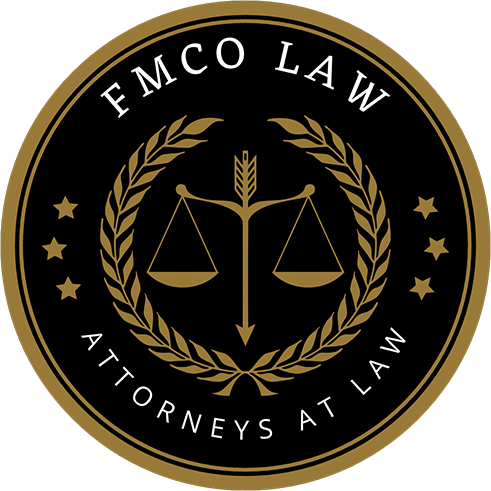Frequently Asked Questions About Wrongful Termination In Chicago
In order for termination or dismissal to be deemed “wrongful,” the termination or dismissal must be unlawful. Illinois is an “at-will” employment state. This means that an employer is generally not required to provide an employee with any notice or reasoning – an employee may be terminated at the employer’s will. Employers here in Illinois, like most states, have great discretion over whom they may terminate. This is why we created this helpful wrongful termination FAQ.
Fortunately, there are local, state and federal laws, which protect employees from what can be deemed a “wrongful termination.” Wrongful termination occurs when an Employer terminates an employee in violation of an employment agreement or contract or in violation of local, state, or federal law. In most wrongful termination cases, there is an important concept known as a “statute of limitations” which governs the time requirements for filing a claim. If you have recently been terminated, contact one of our experienced employment attorneys for a case evaluation. FMCO Law, has decades of experience in actively litigating all types of employment-related claims. Our firm is dedicated to pursuing workplace justice for employees.
How do I find out if I am an ‘at-will’ employee?
Most employees in Illinois are considered “at-will.” The first place to look is in your employee handbook. Most handbooks should have a section that describes the terms of your employment. There, you likely find a sentence that describes all company employees as “at-will.” If you cannot find a copy of your employee handbook, you may request a copy from HR or request to review your employee personnel file.
My employer terminated me but did not give me a reason. Do I have a case?
Illinois does not require that an employer provide an at-will employee reasoning for a termination. However, if you believe that you are the victim of a wrongful termination, it is important to contact an employment attorney as soon as possible to discuss the relevant facts surrounding your termination.
What are common forms of wrongful termination?
One of the most common forms of wrongful termination is known as discriminatory firing. Discriminatory firing occurs when an employee is terminated based on certain characteristics, including, but not limited to, an employee’s age, race, gender, national origin, sexual orientation, religion, genetic information, or disability status. An employer may also discriminate against an employee in violation of local or state laws. It is important to remember that most forms of wrongful termination, including discriminatory firing, are governed by a strict time constraint known as a statute of limitations. If you believe you are a victim of discriminatory firing, it is critical that you contact an employment attorney as soon as possible.
Another common form of wrongful termination is characterized as retaliation. State and federal laws protect employees from being terminated, or retaliated against, for engaging in statutorily protected activities. For example, if an employee witnesses or experiences sexual harassment and reports the sexual harassment to a superior, it would be unlawful for an employer to terminate, or retaliate against, the employee for making a report of what he or she perceived to be sexual harassment.
Finally, depending on the language in the agreement, it may be deemed unlawful for an employer to terminate and employee in violation of an employment agreement or contract that indicates that an employee can only be terminated “for cause.” Many employees confuse an employee handbook or manual with an employment agreement or contract. The wording in a handbook does make a difference. Thus, it is crucial to obtain and maintain a copy of your most recent employee handbook or manual.
Is my employer required to offer me severance?
The simple answer is no. State and federal law do not require an employer to offer an employee severance upon termination. However, if an employer does offer severance, it is important to have an attorney review the documents to help you understand the terms of the agreement.
Contact Our Experienced Chicago Wrongful Termination Attorney Today!
If you reviewed this FAQ and believe you are a victim of wrongful termination, it is important that you contact an experienced employment attorney to discuss whether you may be entitled to back pay, job reinstatement, compensatory damages and other relief. Remember, there is an important concept, known as a statute of limitations, which likely governs your potential claim. Contact one of our experienced attorneys today.
FMCO Law serves Chicago, DuPage County, Kane County and Cook County from our office in Geneva, Illinois, for all wrongful termination legal needs of our clients. We provided this wrongful termination FAQ to help guide people.

